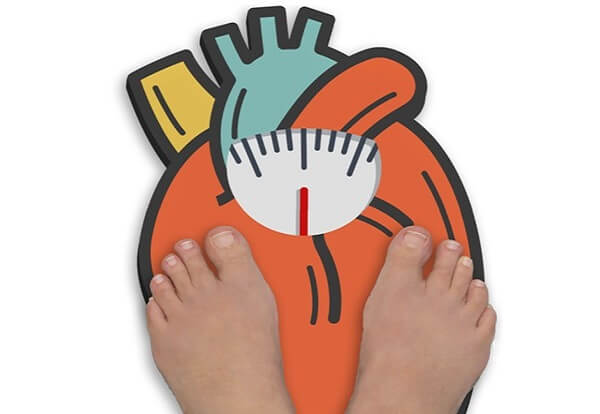Heart attacks, also known as myocardial infarctions, are a serious and potentially life-threatening condition that occurs when the blood flow to a part of the heart is blocked. This blockage can be caused by a buildup of plaque in the coronary arteries, which are responsible for supplying blood to the heart. Unfortunately, heart attacks are on the rise, and understanding the causes and solutions to this problem is essential.
One of the primary causes of heart attacks is coronary artery disease, which occurs when the coronary arteries become narrow or blocked due to the buildup of plaque. This buildup is caused by a combination of factors, including lifestyle choices, such as a diet high in saturated and trans fats, lack of exercise, smoking, and stress. Other risk factors for coronary artery disease include obesity, diabetes, and high blood pressure.

Obesity is a significant risk factor for heart attacks, as it can lead to the development of other risk factors, such as diabetes and high blood pressure. Diabetes, in particular, can cause damage to the blood vessels, making them more susceptible to the buildup of plaque. High blood pressure can also contribute to the development of coronary artery disease by putting added pressure on the walls of the arteries.

Smoking is another significant risk factor for heart attacks, as it can damage the lining of the arteries, making them more prone to the buildup of plaque. A sedentary lifestyle can also contribute to the development of coronary artery disease, as regular exercise helps to keep the blood vessels healthy and reduce the risk of plaque buildup.
While genetics can play a role in the development of coronary artery disease and heart attacks, it is essential to remember that lifestyle choices also have a significant impact. Making healthy lifestyle choices, such as quitting smoking, maintaining a healthy weight, and exercising regularly, can help to reduce the risk of developing coronary artery disease and suffering from a heart attack.
Prevention is key when it comes to heart attacks, and there are several options available to help reduce the risk of developing this condition. Medications, such as cholesterol-lowering drugs and blood pressure medications, can help to keep the blood vessels healthy and reduce the risk of plaque buildup.

Lifestyle modifications, such as exercise and a healthy diet, can also help to reduce the risk of developing coronary artery disease. Managing stress is also an essential step towards reducing the risk of heart attacks. Engaging in relaxation techniques like meditation, yoga, or deep breathing exercises can help to lower stress levels and promote heart health.
Regular health check-ups are also crucial to detect any potential heart problems and take appropriate preventive measures. This includes regular blood pressure checks, cholesterol screenings, and regular visits to the doctor.
Cardiac rehabilitation is another option available for those who have suffered a heart attack, as it can help to improve heart health and reduce the risk of future heart attacks.
Education and awareness are also essential when it comes to preventing heart attacks, as knowing the risk factors and making healthy lifestyle choices can make a significant difference.In summary, heart attacks are a serious and potentially life-threatening condition that is on the rise. Understanding the causes and solutions to this problem is essential for preventing this condition and reducing the risk of suffering from a heart attack. By making healthy lifestyle choices, taking medications as prescribed, and participating in cardiac rehabilitation, individuals can reduce their risk of developing coronary artery disease and suffering from a heart attack.


Post Comments